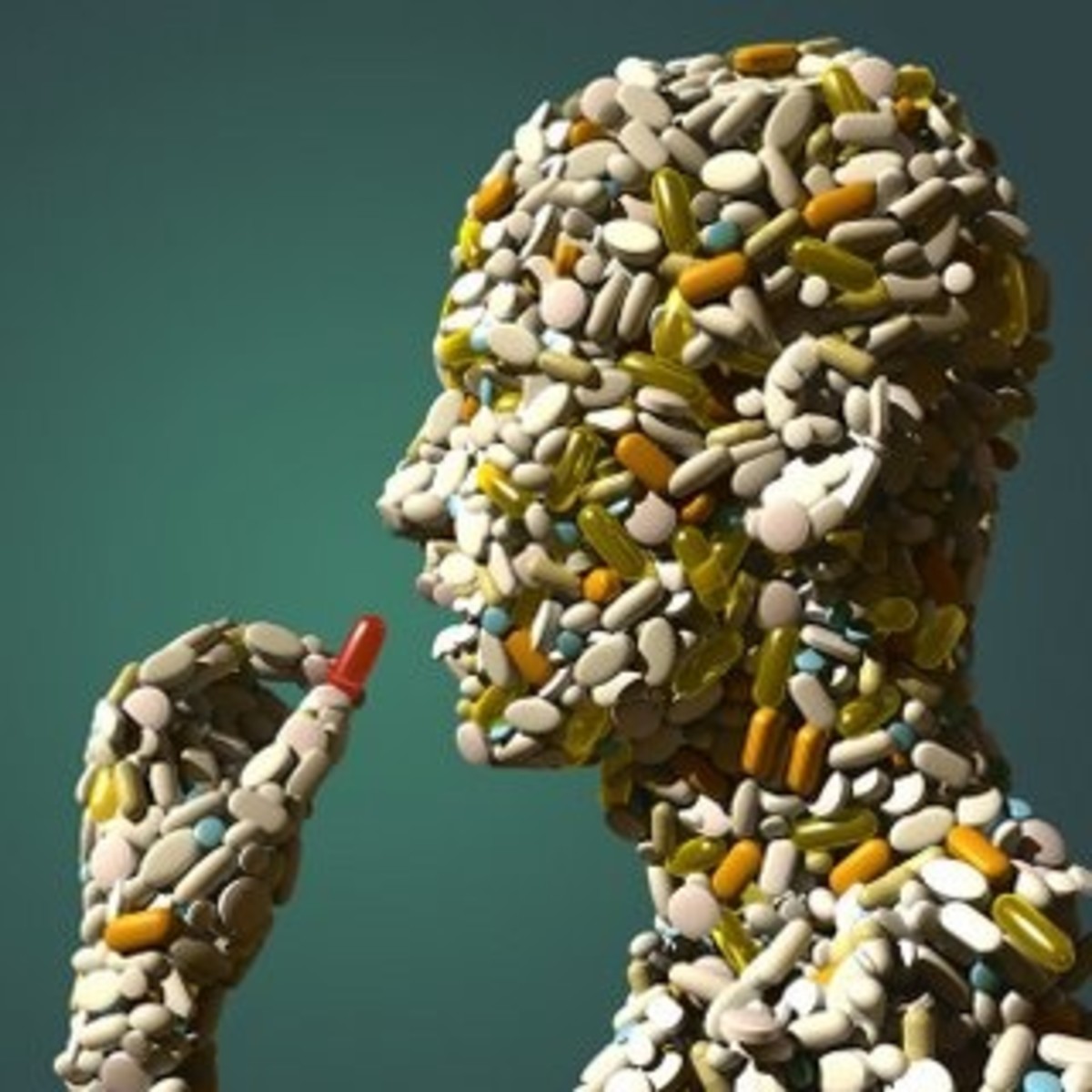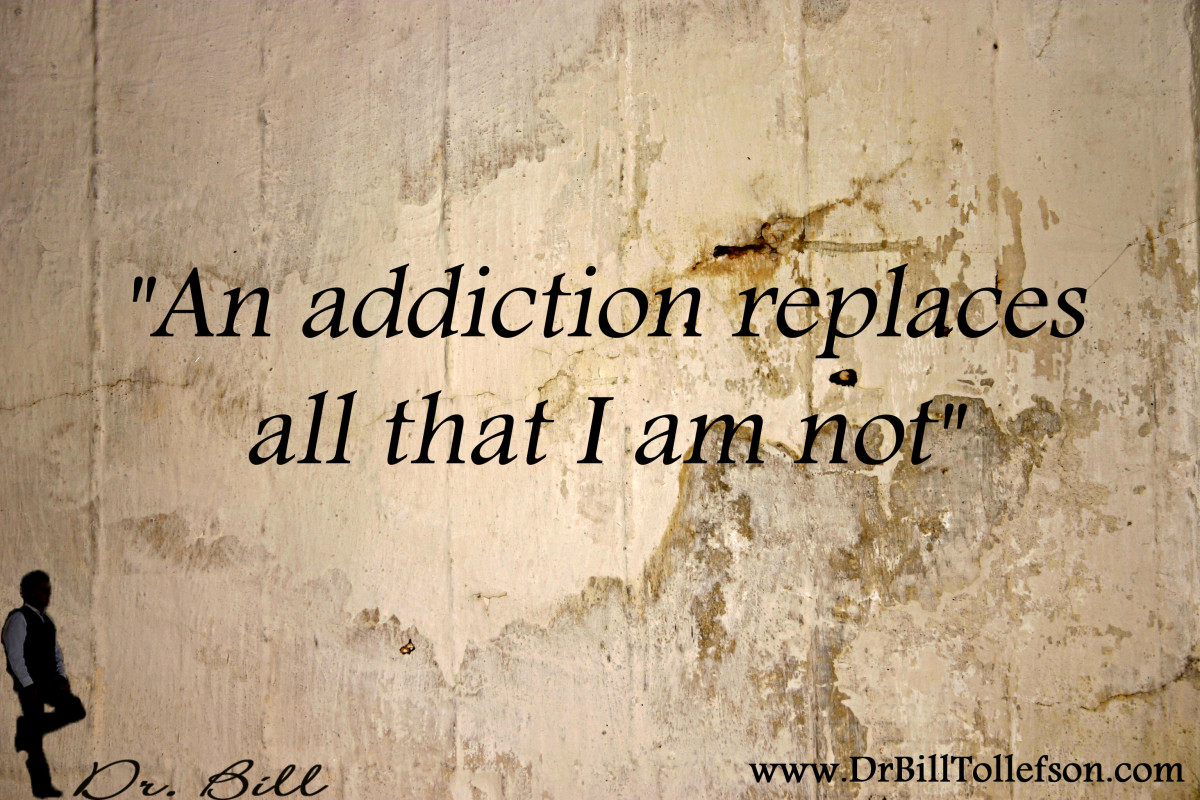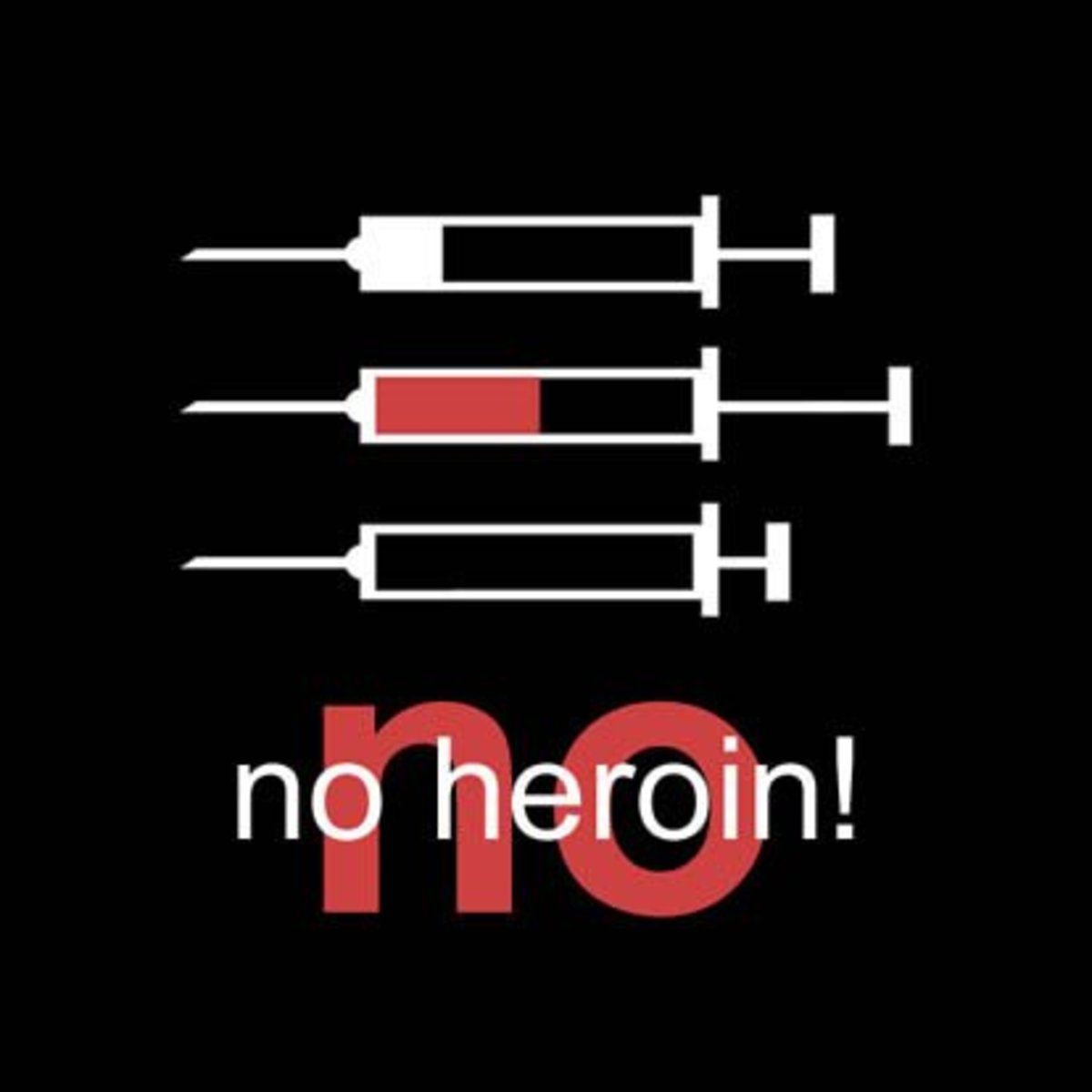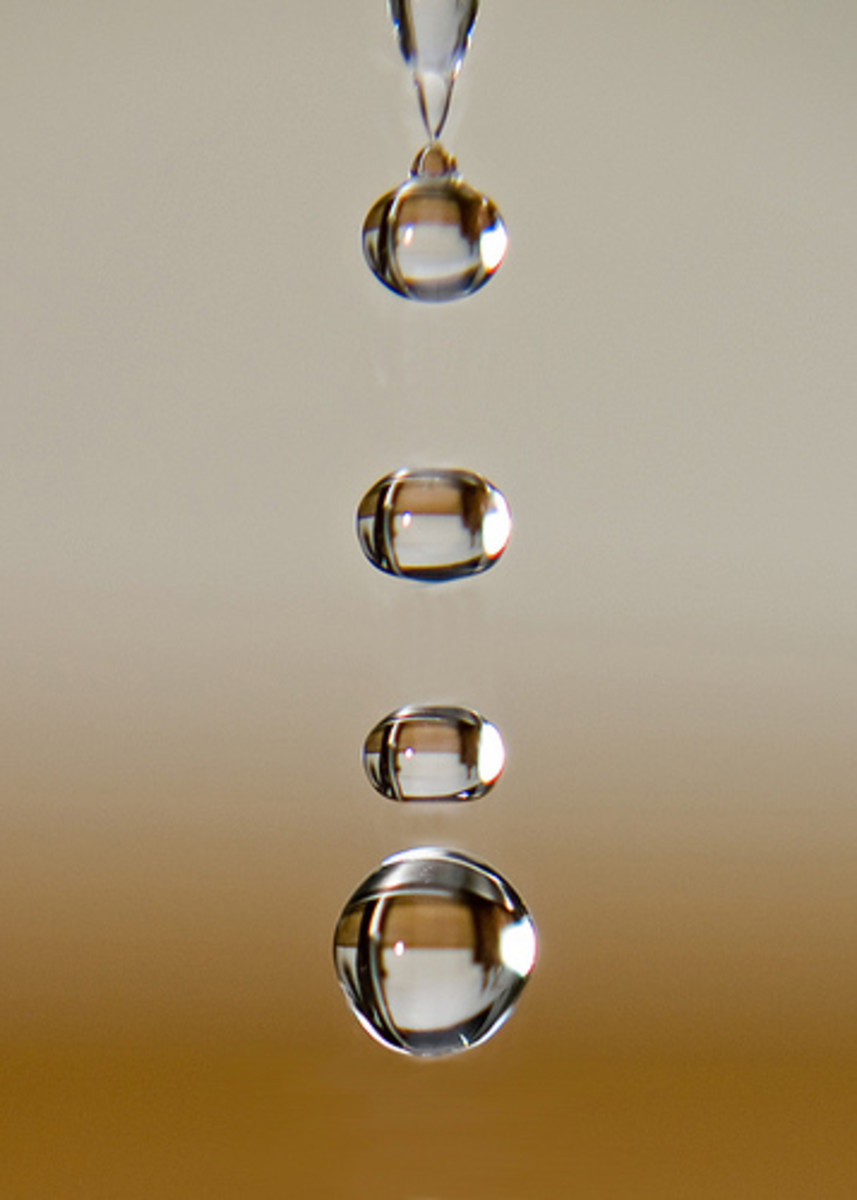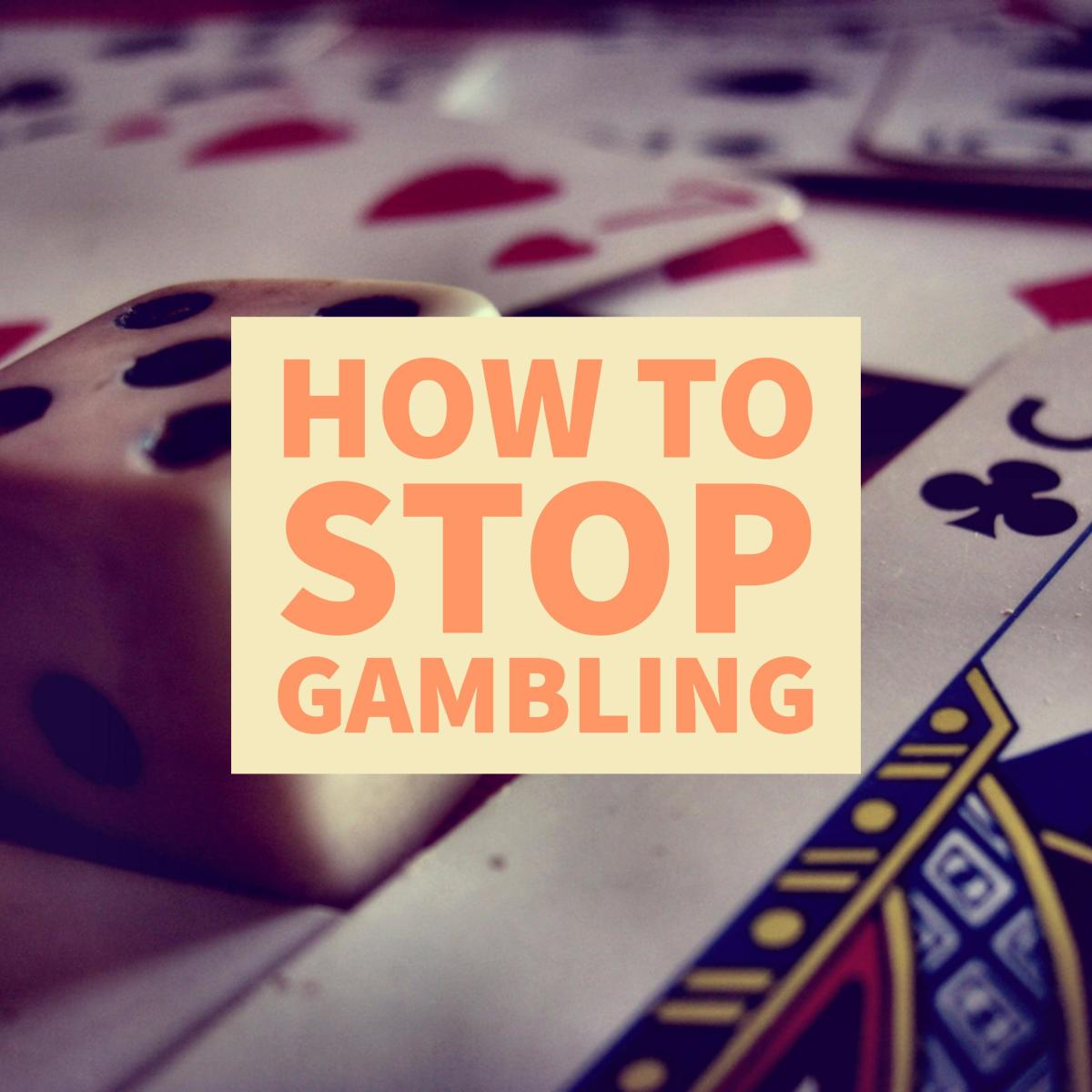How to Identify Addiction in a Loved One

What is Addiction?
Addiction is the continued use and abuse of an behavior, action and/or substance that alters ones mood. One who is addicted will continue this behavior despite of the consequences that are associated with such behavior. The addict will feel immediate gratification followed by detrimental, long-term side effects (that may even be life threatening). An addict cannot control their personal addiction, and the action, behavior, lifestyle, and/or substance begin to dictate and control the addicts mind and life, and will ultimately cause long term (or life long) negative effects for the addict.
Types of Addiction
There are many types of addiction. Many believe people can only be addicted to substances, this is untrue, a person can be addicted to a behavior or an action as well as cigarettes, alcohol or other mind and/or other mood altering substances. If one is dependent on someone or something in order to live and be happy, one has created an addiction for themselves.
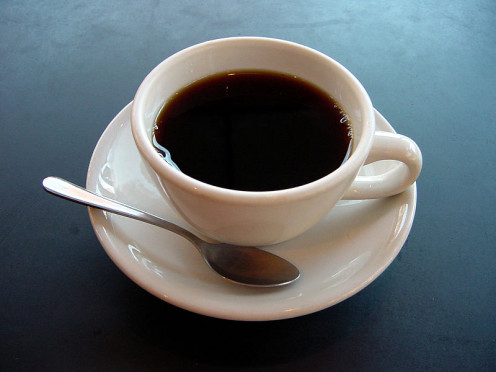
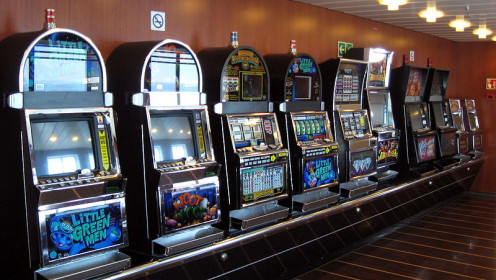
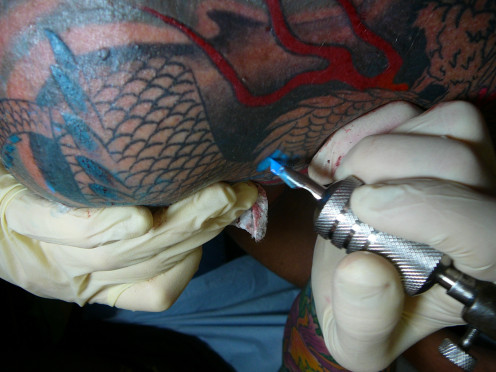
People can become addicted to:
-
Shopping
-
Exercise
-
Food and eating
-
Purging (known as bulimia)
-
Not eating (known as anorexia)
-
Calorie counting
-
Sex
-
Porn
-
The Internet
-
Gambling
-
Money
-
Power
-
Work
-
Coffee
-
Energy drinks
-
Cigarettes
-
Alcohol
-
Drugs/Narcotics
-
Relationships
-
Body Modification
Almost anything (or anyone) can become an addiction to the dependent individual. Many people become addicted because the addict personally believes that the addiction ensures the happiness of the individual, but in reality, the addiction is destroying them, their life, and the lives of the people whom love them.
Please remember, this list is incomplete, if a person, substance, or behavior is taking over the life of a loved one and causing many consequences and personality changes, it may be a sign of a developing (or developed) addiction.
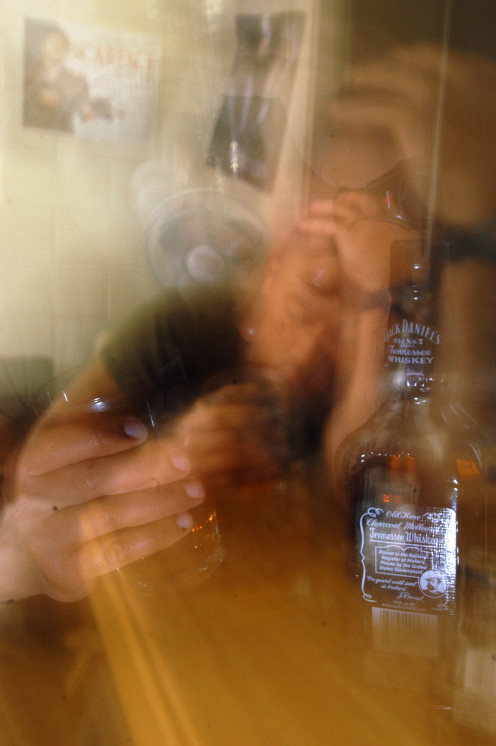
How to Identify the Signs of Addiction
It is difficult for some to identify the signs of addiction, and just as the addict themselves, loved ones tend to be in denial when it comes to a loved one having a serious life altering addiction or problem. If one, outside of the addiction, can identify and notice the signs and symptoms, than one can more comfortably approach the addict and intervene on the situation. There are many signs of addiction one can and should look for if it is believed that a loved one has a serious problem. Some signs are physical, some are emotional, and others are behavioral.
The Physical Signs and Symptoms of Addiction Include (but are not limited to):
-
Bloodshot eyes
-
Pupils that are either larger or smaller that normal (opiates and opioids make the pupils smaller while hallucinogens and stimulates make the pupils larger)
-
Frequent nosebleeds (this is related to snorting drugs)
-
Changes in appetite
-
Sudden weight changes-- either rapid weight loss or weight gain
-
Changes in sleeping habits (the person may be more awake and alert more than usual, or may sleep longer and more often)
-
Inexplainable injuries, cuts, pokes, or bruises (or refusal to explain these injuries)
-
Deterioration of personal health and/or hygiene
-
Unusual smells on the persons breath, hair, clothing, and/or body
-
Shakes
-
Tremors
-
Seizures
-
Squinting, or inability to fully open eyes
-
Incoherent or slurred speech
-
Change in alertness (the person may be very alert, or not alert at all)
-
Impaired coordination
-
Physical withdrawal (due to substance/alcohol abuse)
-
Tolerance (substances and alcohol)
The Behavioral Signs and Symptoms of Addiction Include (but are not limited to):
-
Sudden drop in attendance and/or performance at school and/or in the workplace
-
Constant complaints from peers, teacher, coworkers, supervisors
-
Financial struggle, unusual desire, longing and/or need for [more] money
-
Person becomes more silent and secretive
-
Engaging in suspicious and/or destructive behavior
-
Sudden change in friends and relationships
-
Sudden change or loss of personal hobbies
-
Frequently getting into trouble
-
Frequent arguments and/or fights
-
Engaging in illegal or dangerous activities
-
An outspoken need for something
-
Isolation
The Emotional or Psychological Signs and Symptoms Include (but are not limited to):
-
Unexplained change in attitude
-
Unexplainable change or shift in personality
-
Sudden mood swings and/or changes
-
Irritability
-
Angry outbursts
-
Abnormally happy
-
Laughing at nothing
-
Periods or spouts of unusual hyperactivity and/or agitation
-
Lack of motivation
-
Inability to focus
-
Appearing lethargic or “spacey”
-
Paranoia
-
Increases anxiety
-
Depression
-
Appearing withdrawn
-
Appearing fearful
-
A sudden sense of longing or need for a certain vice
Addicts will continue to associate themselves with their personal vice even if they experience negative consequences and even if they begin make irrational and poor decisions to continue with the addiction. Even if the addiction destroys the addicts life, the addict will still deny the problem, refuse help, and continue on the destructive path that is destroying their life. Addiction is a very vicious cycle and it takes time, support, and guidance for one to get better (and some never recover), but for a loved one to intervene and show love, support, aid, and guidance an addict has a better chance at recovery. The earlier one can identify the signs and symptoms of addiction and confront the addict the better chance an addict has in receiving treatment and having a successful recovery with a lower chance of relapse (the older an addict is, and the longer the addiction goes on, the harder it will become to stop, and there is a higher chance of relapse).
5 Important Tips to Help Identify Addiction
-
Be aware of denial: an addict is very good at denying the real problem and the root of the vice they have chosen to relieve stress, have fun, or to feel happy and less sad and/or anxious.
-
Do not ignore behavior and patterns that are uncharacteristic of your loved one: an addiction takes over the life of the addict, and if the vice is not present, it alters the mood and personality of the addict. If a loved one is acting very strange and out of character one should pay attention and search for signs and symptoms of abuse and addiction.
-
Do not accept excuses and/or lies: an addict will lie if and when they are asked about a possible addiction. Some lies are predetermined and rehearsed, due to this an addict can be very convincing.
-
Watch for a double life in your loved one: some addicts may seem to have it all when in the public eye and some are very good at covering up the addiction. The addict may be deep in inner thought, thinking about the addiction and the next “fix” when the addict surrounded by people whom they wish to hide the addiction from. Addicts are very good at covering up raw and real emotion that has spurred an addiction, and some addicts are very functional and continue to live a good life. A loved one can tell if an addiction is present by being aware of a possible double life and by being aware of other signs and symptoms of addiction, because not all addicts are obviously sad, depressed, or anxious.
-
DO NOT ignore the signs and symptoms (that have been listed above): serious consequences could arise if the loved ones of an addict ignore the signs and symptoms of addiction. A functioning addict will not seek help on their own, and need outsiders to see and recognize the addiction/behaviors as a problem and to point it out to the addict. If an addict hits rock bottom, they may never recover.
Intervention
If and one believe they need to intervene on a loved on, who they believe to have a life altering addiction with heavy negative consequence, they must know how to properly hold an intervention where the addict feels loved, comforted, and supported where the addict can make the personal choice to seek treatment. One should not attack, shame, or guilt trip the addict into treatment. An intervention where the addict feels attacked will backfire, and may make the addict spiral deeper into their thoughts and negative behavior. Not all addictions need an “intervention”, but may need to be addressed if it causes issues for the addict and those who surround the addict.
What is an Intervention?
An intervention is a carefully prepared and planned process in which a loved one (or several loved ones, such as, family, friends, coworkers, and/or peers) confronts the addict about the addiction and asks for the addict to seek treatment in order to recover from the life altering (an/or life threatening) behavior(s).
During the intervention the loved one(s) present the addict with:
-
Very specific examples of the destructive behaviors that have impacting the lives of the addict and those who surround them.
-
A prearranged treatment plan with steps, goals, and guidelines.
-
An explanation of what will happen if the addict refuses treatment. If the addict refuses treatment, the loved one(s) must follow through with the actions/reactions that were explained and presented to the addict as a consequence (such as, not contacting family, moving out of the house, etc...)
If you suspect or know that a loved one is addicted to a substance or behavior, intervention may be necessary, do not give the addict a chance to speak or lie during the intervention. During the intervention DO NOT ask the addict questions, tell the addict exactly what is felt and perceived, and the steps that should be taken to seek treatment.
In Conclusion
Even though there are plenty of signs and symptoms that are external for others to be able to intervene, a lot of symptoms and signs of addiction are internal, and before one can receive successful treatment, the addict themselves must have external realization of the problem. Others can help aid the addict on the journey to recovery, but the addict themselves are solely responsible for long term recovery. Some addicts are able to hide signs and symptoms very well for a long period of time. If one suspects a loved on to have a serious life altering addiction, intervention is necessary, an addict can go years or even a lifetime addicted; help and support from loved ones is necessary in successful treatment. A sad reality is that some addicts may never recover from addiction, but if a loved one can recognize the signs and symptoms before a deep, long-term addiction is established, the better the chances are for an addict to receive treatment and recover.

